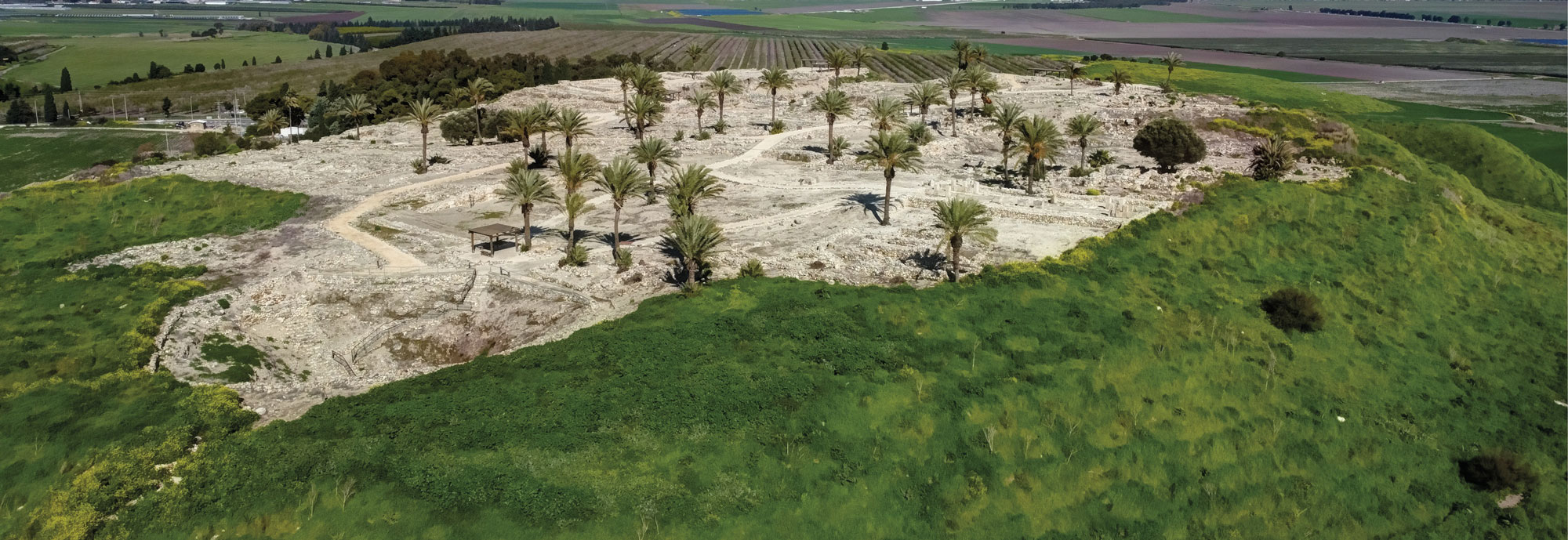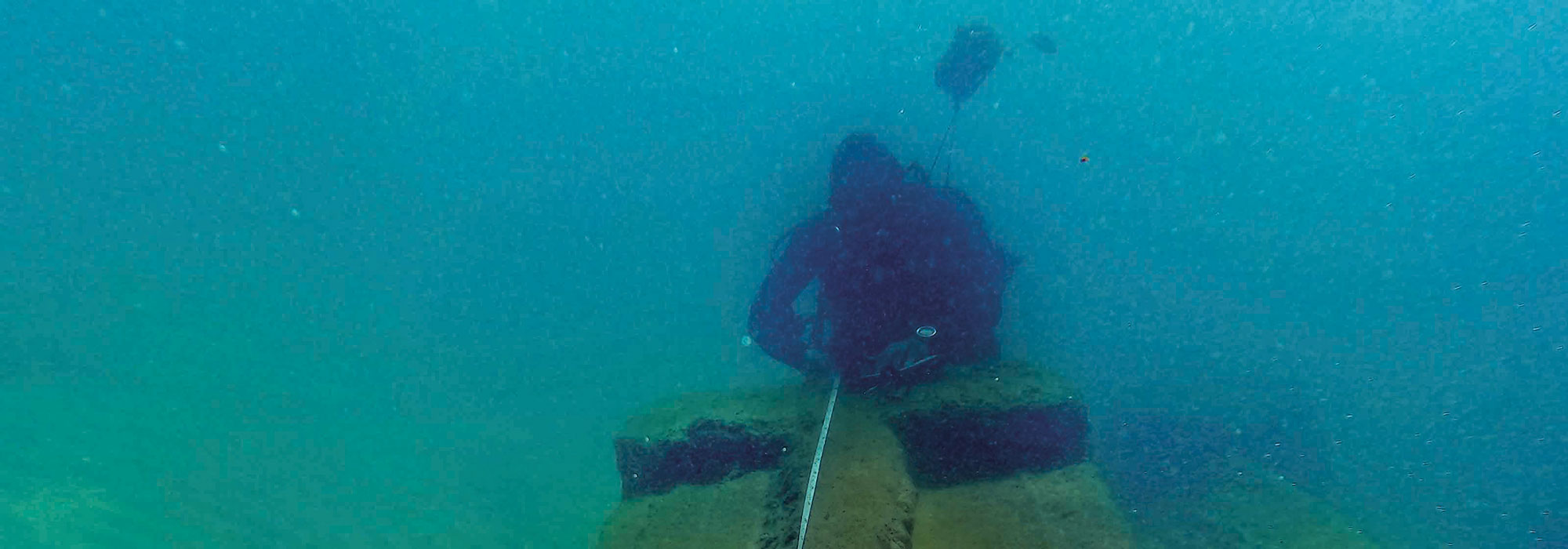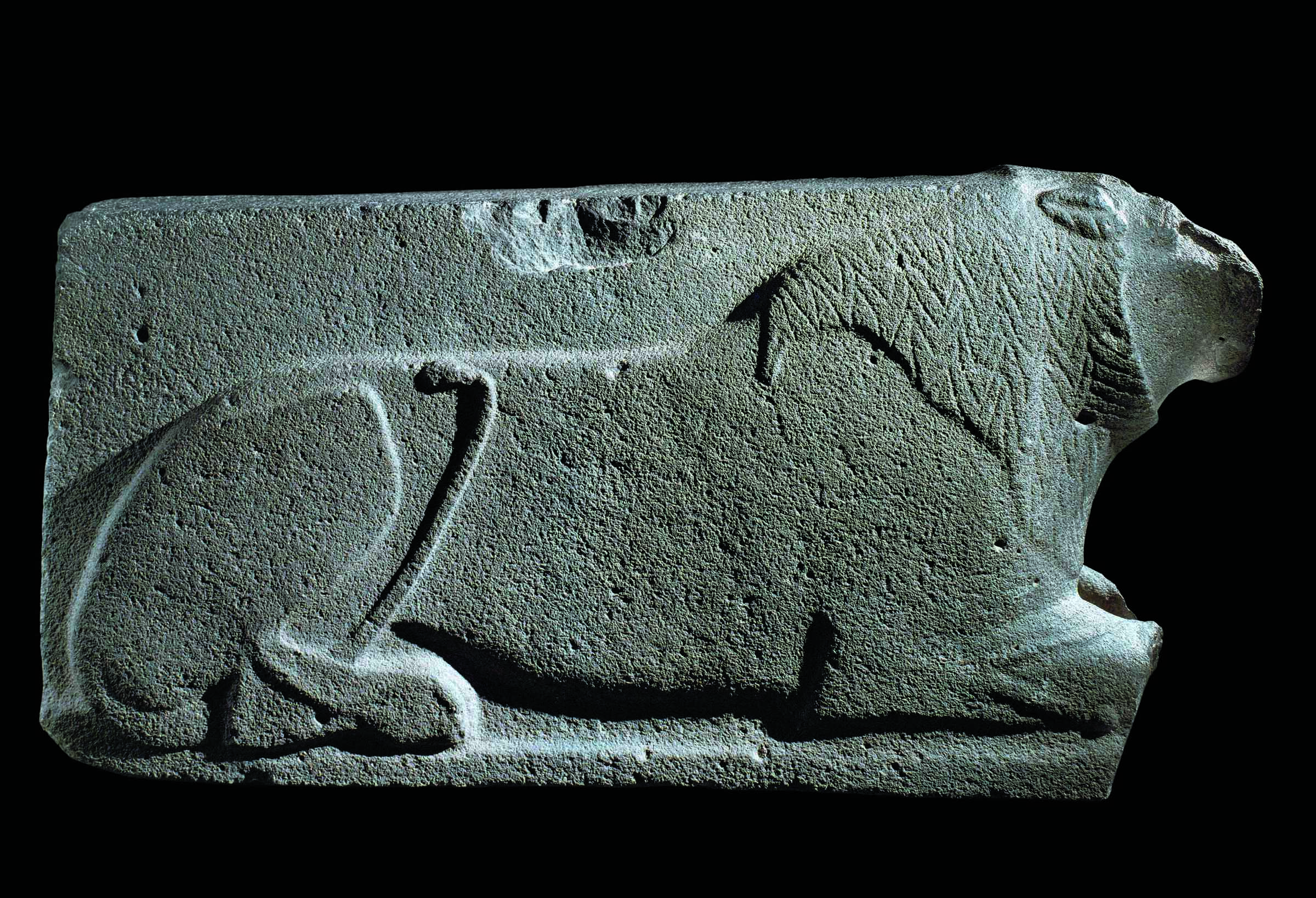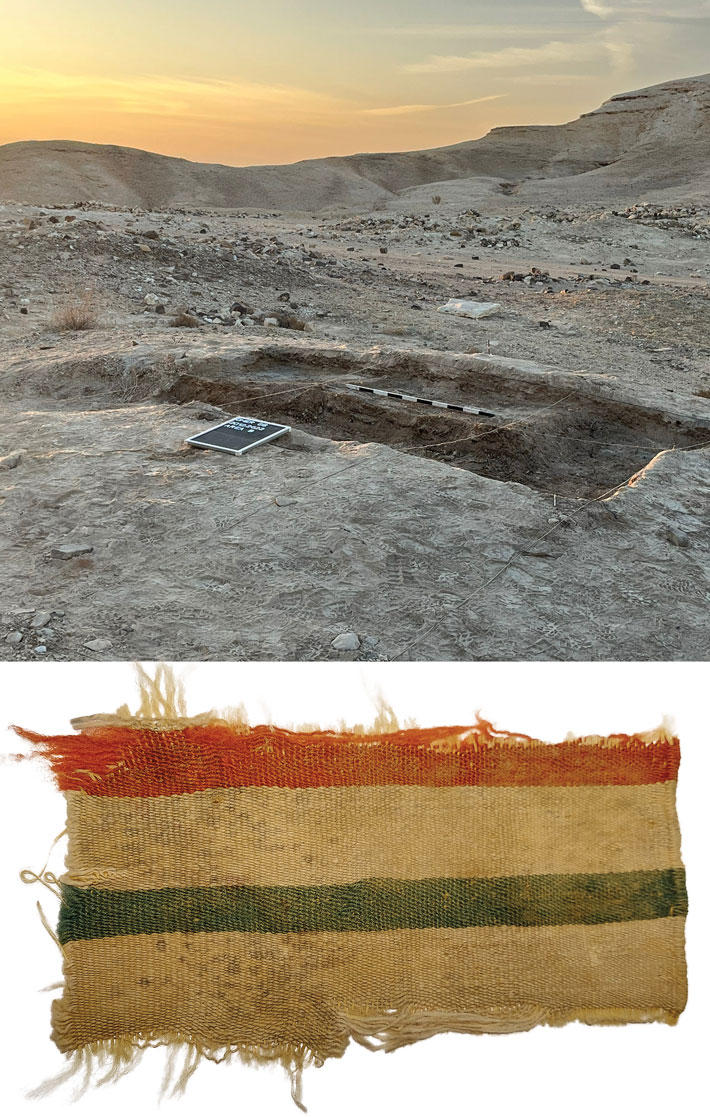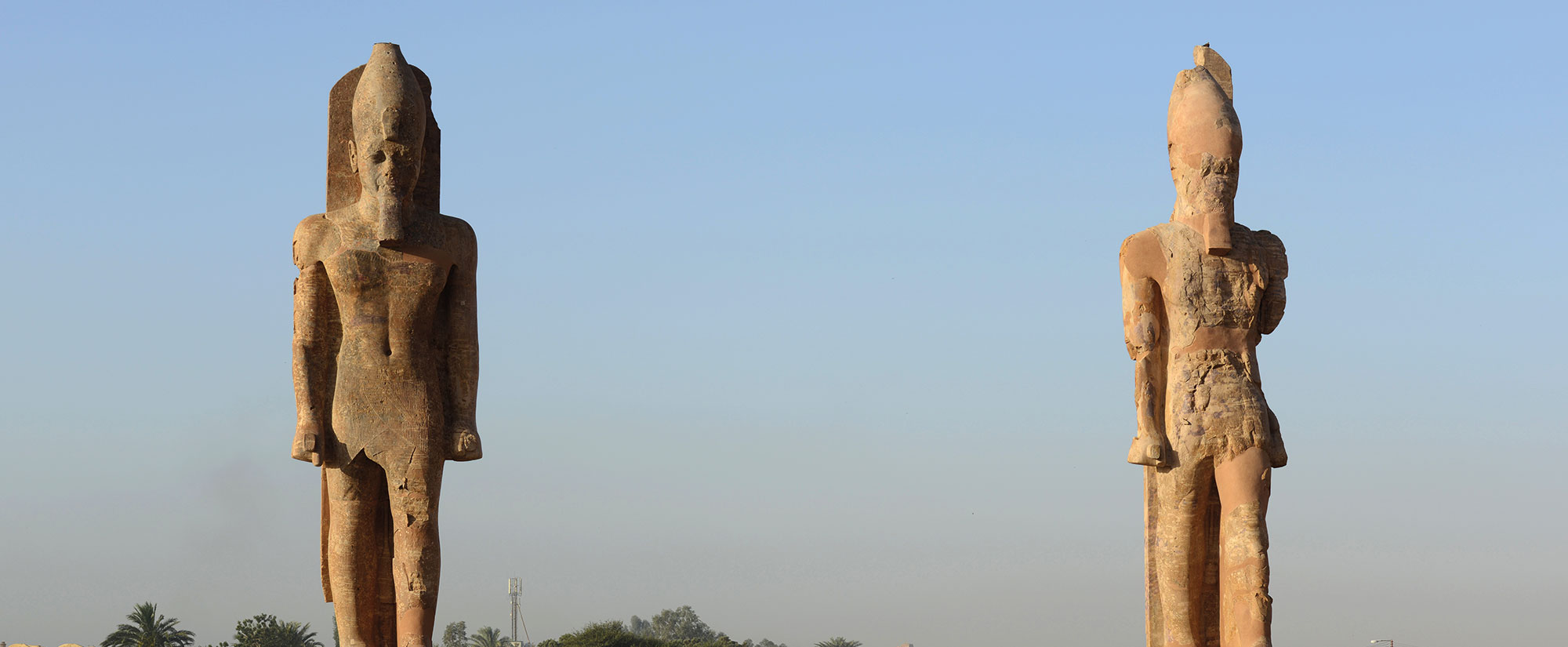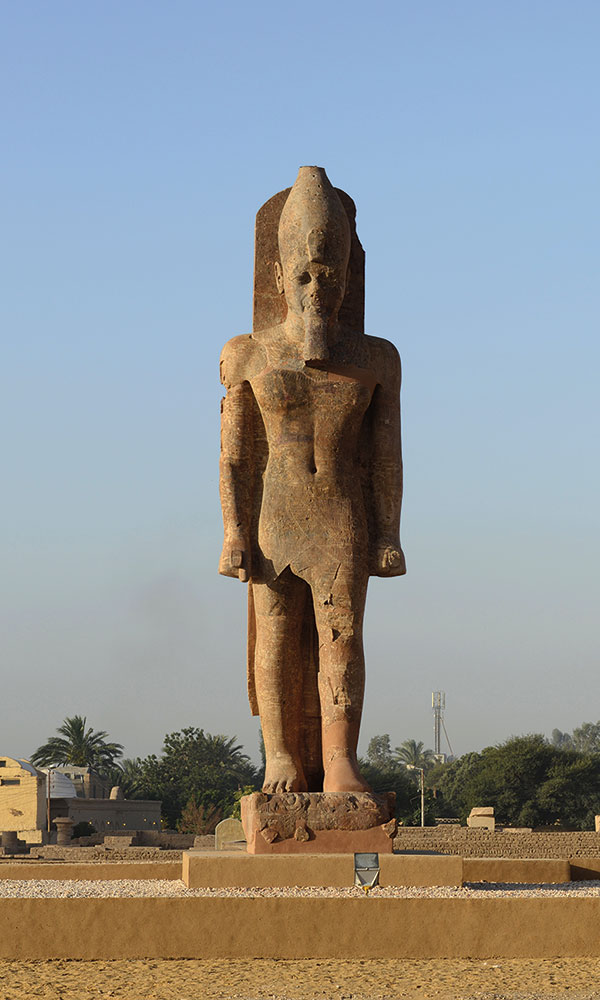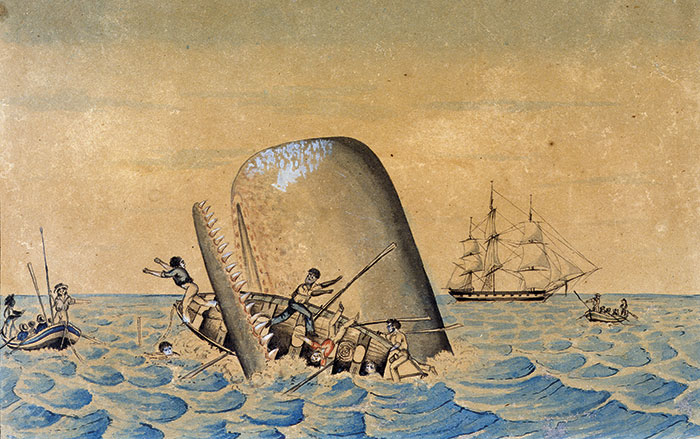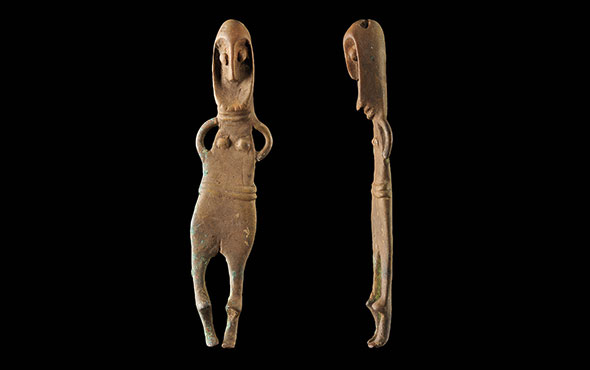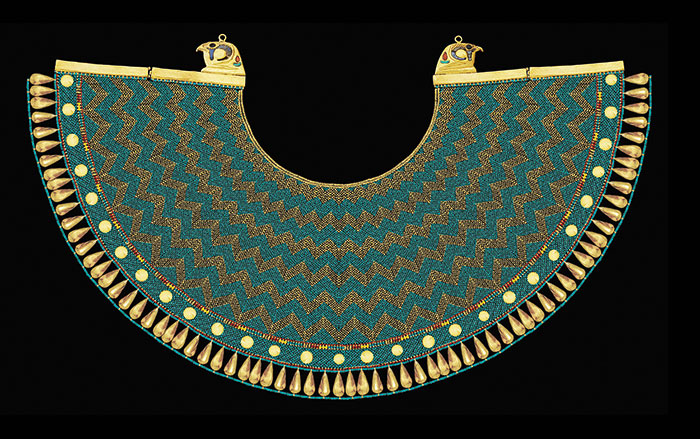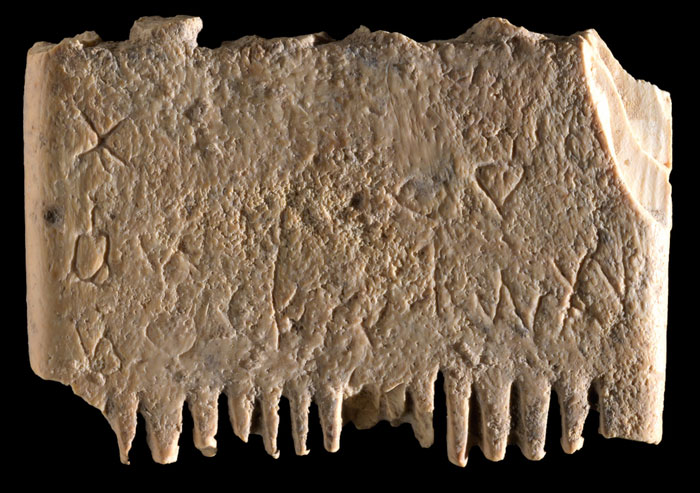
JERUSALEM, ISRAEL—Science News reports that recent examination of a 4,000-year-old ivory comb unearthed in south-central Israel at the site of the ancient city of Lachish in 2016 has identified a faint inscription written in the language of the ancient Canaanites. Yosef Garfinkel of the Hebrew University of Jerusalem said the writing, which reads, “May this tusk root out the lice of the hair and the beard,” is the earliest known complete sentence written with a phonetic alphabet. The researchers also found the remains of a louse between the comb’s teeth. Garfinkel suggests that the elephant ivory comb was imported from Egypt and belonged to a wealthy man. Read the original scholarly article about this research in Jerusalem Journal of Archaeology. To read about how scientists extracted DNA from the scalps of 2,000-year-old mummies with head lice, go to "Around the World: Argentina."


